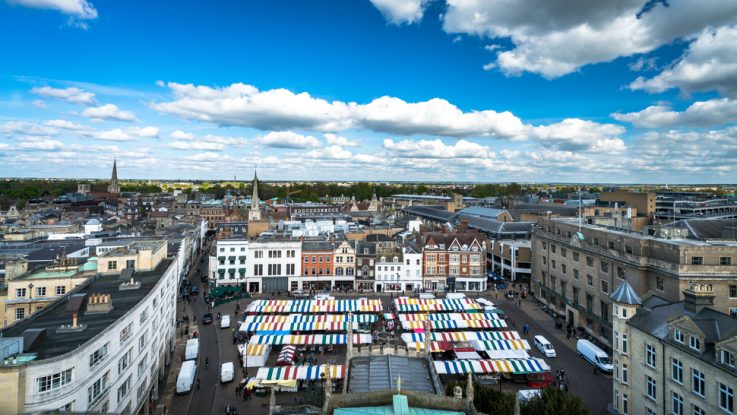
As part of the as part of the new Urban Data Project, Smart Cambridge and researchers from the Cambridge Center for Smart Infrastructure and Construction (CSIC) are working to create a digital twin of the city to explore the future of commuting and how congestion can be reduced and air quality improved.
The digital twin prototype will combine traditional urban modeling techniques, new data sources, and advanced data analytics. The prototype will use recent commuting trends, including how people of different ages and employment status travel to work and how different factors affect their travel. It will also explore future possible changes in commuting based on investments in transport, housing developments, and the possible impacts of flexible working and new technologies. A web-based modeling platform will also visualize future development options and give people an opportunity for feedback.
“Digital twins have the potential to help cities develop more holistic policies which will assist in addressing some of the very real challenges urban areas face such as congestion, pollution and the need to become more sustainable,” said Dan Clarke, strategy and partnerships manager for Smart Cambridge.
CSIC has worked with Cambridge council officers to better understand local requirements and how they can deliver a digital twin prototype which responds to upcoming city challenges while also supporting the goals of improving air quality and reducing congestion.
“We are now working on the prototype and will deliver an initial version in eight weeks,”said CSIC research associate Dr. Timea Nochta. “We will continue to develop it alongside the council so that it can be used to its full potential and so that officers feel confident in asking the right questions for technology to answer.”


